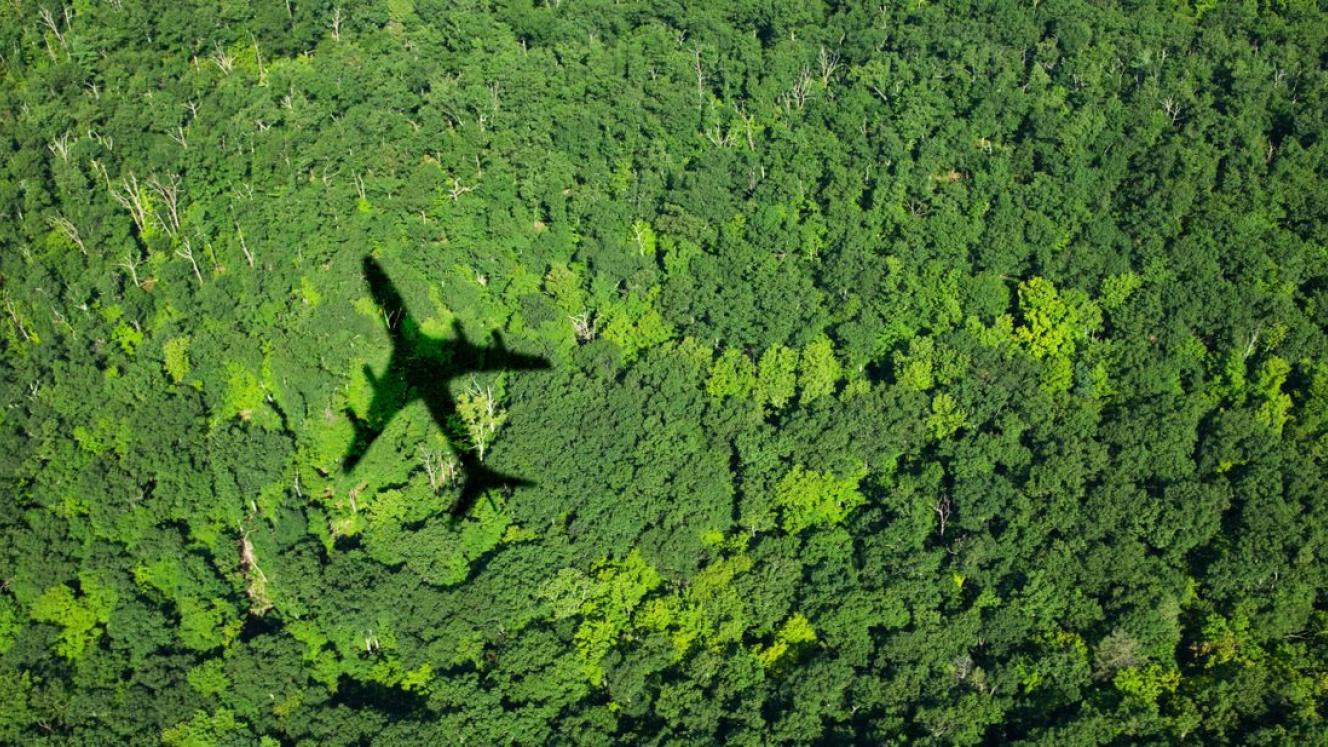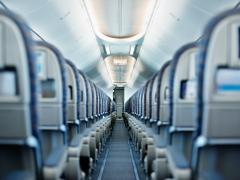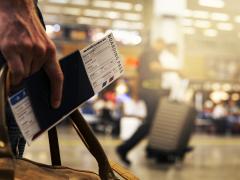The COVID-19 pandemic triggered greater demand for sustainability, while the recent spate of extreme weather events forced a rethink among the global community, raising greater demand for a cutback in carbon emissions with accelerated demand for a sustainability transition in the drive towards nett-zero emissions by 2050.
The AFRAA 11th Aviation Stakeholders Convention held in May 2023 in Ethiopia reflected on the issue of nett zero as one of the main agenda items the sector must tackle. Aviation in Africa needs to take several steps to ensure achievement of nett zero. Concrete steps set out by the International Civil Aviation Organisation in 2016 must be followed if African aviation is to achieve it.
Given that the African continent is not a participant in aircraft manufacturing, there is a need for the sector to put restrictions on the importation of carbon-intensive old aircraft. In the main, the average fleet of aircraft is quite old, which doesn’t help much in terms of nett zero aspirations. With funds available, the acquisition of new-generation aircraft that are much more fuel efficient is a must in this quest. New-generation aircraft, such as the Airbus a350-900, Boeing 787 Dreamliner, the Boeing 737 Max, Bombardier C-Series (the CS100 and CS300), and Embraer e195-e2 are some of the most fuel-efficient aircraft on the market.
The need for retrofits will greatly assist in taming emissions from old aircraft. Winglet retrofits can achieve 3% fuel reduction, while lightweight cabin interior retrofits and active load alleviation production upgrades can achieve between 1% and 5% fuel reduction. Structural health monitoring can achieve between 1% and 4%, while advanced combustor production upgrade offers a 5% and 10% fuel reduction advantage.
The other viable option that could offer opportunities for Africa’s tourism aviation industry is an investment in SAFs. SAF reduces CO₂ emissions by 80% across its entire lifecycle. This can open up opportunities for research and development through green jobs badly needed by the continent. The successful roll-out of SAFs depends on political will and investment into infrastructure that can process, produce and relevant distribution channels at airports across the continent.
The aborted Solaris Project by South African Airways was a noble project that could have assisted towards this goal. In addition to a reliable availability of a sustainable supply chain, there is a need to ensure adequate feedstocks for producing SAFs. Projects in Kenya and Ethiopia are of interest in this regard.
One of the tools envisaged for achieving nett-zero emissions is adopting market-based measures under CORSIA. Airlines may have to look at carbon offsetting by purchasing carbon credits. African countries can benefit from this initiative, given the robust carbon market on the continent under the CORSIA States for Chapter 3 State Pairs. Carbon removal projects can also be enhanced on the continent to assist the aviation industry in reaching nett zero.
Central to this is the need to recognise the role of environmental education in the aviation industry on matters related to climate change mitigation. It is important to appreciate the role of airports in assisting airlines to reach this goal. Carbon-neutral airports are central to the carbon-neutral goal.













